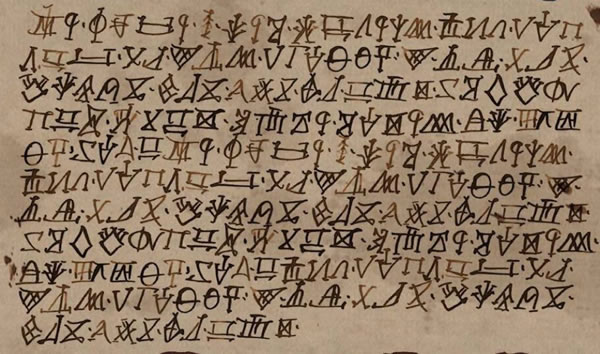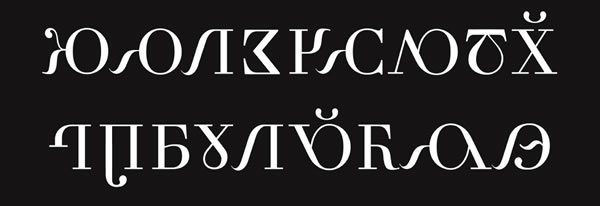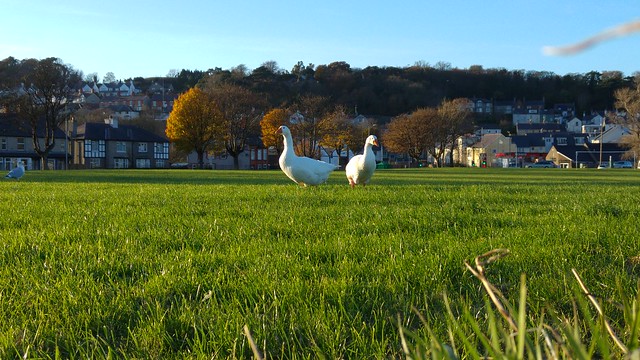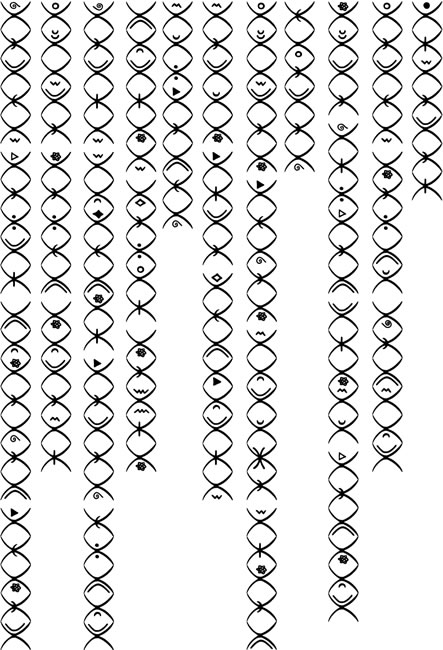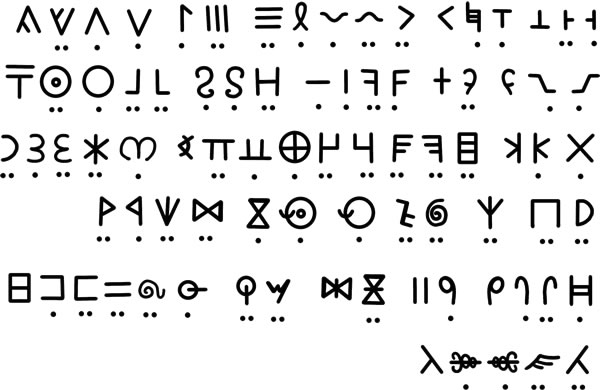Podcast: Play in new window | Download

Here’s the latest news from the world of Omniglot.
New writing system: Nag Chiki, which was created by Dinesh Mudi from West Bengal in India to write Koda, a North Munda language spoken in India and Bangladesh.

New language pages:
- Koda (কোড়া), a North Munda language spoken mainly in West Bengal in northwestern India
- Nateni (Naàteǹni), a Northern Gur language spoken in the Atakora Department in the northwest of Benin.
- Mbelime bɛ̄dímɛ), a Northern Gur language spoken in the Atakora Department in the northwest of Benin.
- Hanga (Haŋa), a Northern Gur language spoken in the Savannah Region in northern Ghana.
New numbers pages:
- Hanga (Haŋa), a Northern Gur language spoken in the Savannah Region in northern Ghana.
- Sipakapense (Ri Qyolb’al), a Mayan language spoken in the San Marcos Department in western Guatemala.
- Bajaw, a Sama-Bajaw language spoken in Indonesia, Malaysia and the Philippines.
New article: Multiple Ways to Say “To Visit” in French
On the Omniglot blog there’s a new post entitled Stanzas, Cameras and Salons about the Italian word stanza (room), and related words in other languages. There’s also the usual Language Quiz. See if you can guess what language this is:
Here’s a clue: this language is spoken in central India.
The mystery language in last week’s language quiz was Maay Maay (Af-Mai-Mai), a Lowland East Cushitic language spoken in southern Somlia.
In this week’s Celtic Pathways podcast, Groovy Furrows, we’re looking at Celtic words for furrow, trench, ditch and related things, and words in other languages that come from the same roots.
On the Celtiadur blog there are new posts entitled Yoked Bonds and Furrowed Trenches, and improved the post about Ditches and Trenches.
Improved page: Nüshu script page
For more Omniglot News, see:
https://www.omniglot.com/news/
https://twitter.com/Omniglossia
https://www.facebook.com/groups/omniglot/
https://www.facebook.com/Omniglot-100430558332117
You can also listen to this podcast on: Apple Podcasts, Amazon Music, Stitcher, TuneIn, Podchaser, PlayerFM or podtail.
If you would like to support this podcast, you can make a donation via PayPal or Patreon, or contribute to Omniglot in other ways.
Radio Omniglot podcasts are brought to you in association with Blubrry Podcast Hosting, a great place to host your podcasts. Get your first month free with the promo code omniglot.





